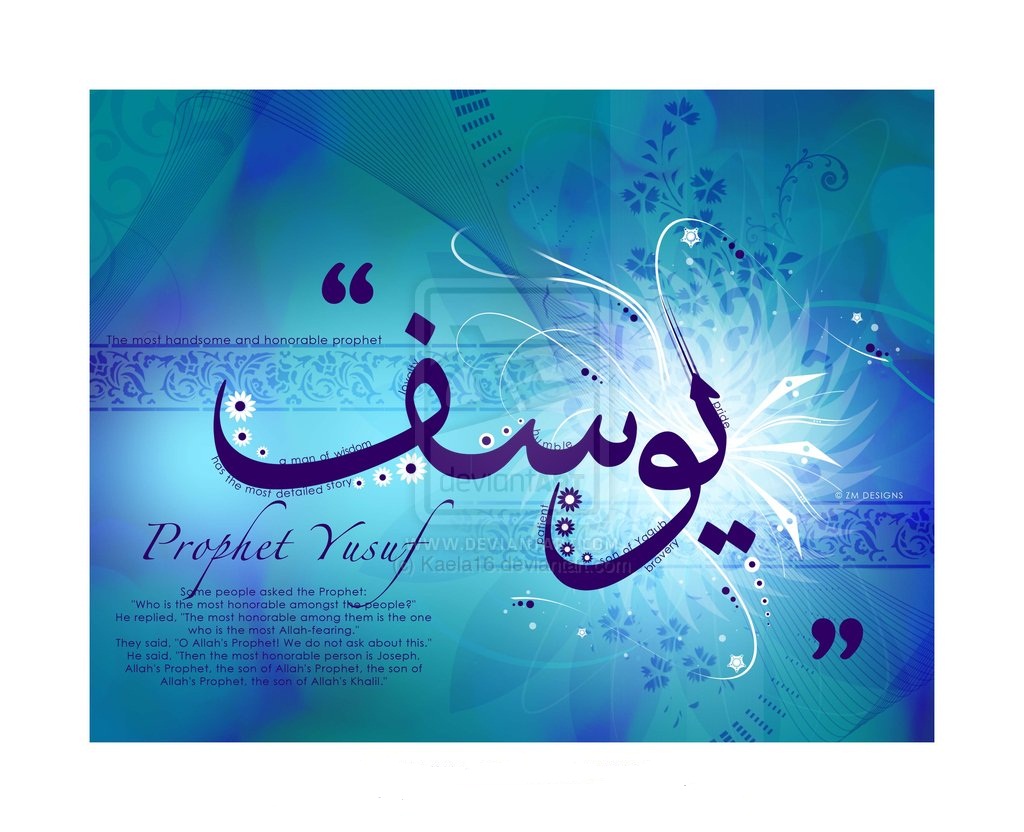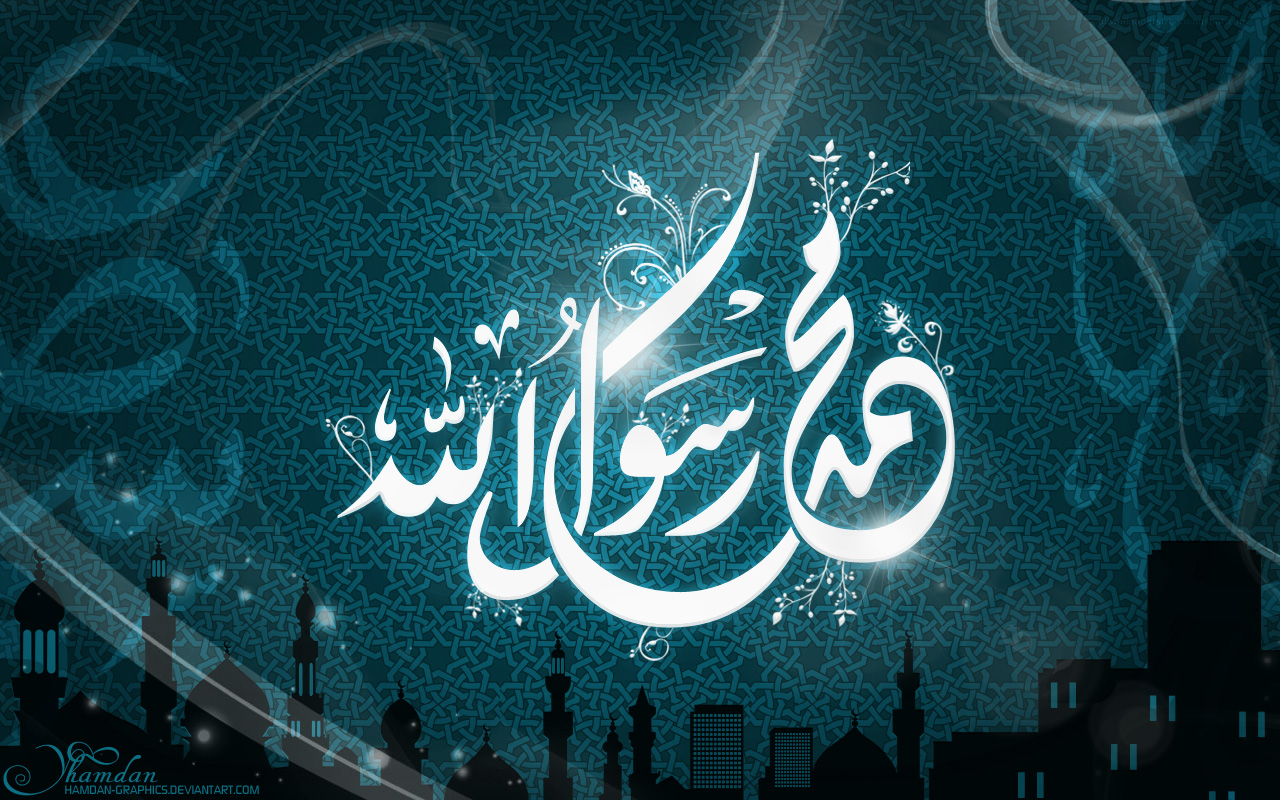By Editorial Staff
Recently, Muslims have celebrated the end of the month of Ramadan with fervent hopes of acceptance and graciousness of God for them. They have pleasantly endured the pains of hunger and thirst for long days without any objection or boredom seeking the magnificent rewards from the All-Generous and Merciful, the Almighty Allah, who said, “Every deed of the son of Adam is for him, except fasting; it is for me and I shall reward for it.” (Al-Bukhari)
In Ramadan, a Muslim is subjected to an intensive course of spirituality and self-discipline through dedication to worship and abstinence from many lawful things which strengthens the spiritual and volitional powers within the fasting one and rectifies their relationships with God and people.
However, this warm spiritual and social status is meant to be a way of life throughout the entire year until the next Ramadan comes to revive and renew this relationship. If the obligatory fasting has come to an end during this month, it is highly desired in other times in the year, even right away in the following month, Shawwal, in which a Muslim is recommended to fast for six days. Then, shortly after Shawwal a Muslim is urged to observe fasting in the month of Dhul-Hajjah in its first ten days, including the day of `Arafah. Moreover, prayer, charity, enjoining good and forbidding evil, remembrance of God, etc. know no time or end.
What is after Ramadan? Sheikh Yasir Qadhi replies to this question in a very interesting talk. Enjoy watching this video to know the required things for a Muslim after the elapse of the blessed month of Ramadan and the important tips to keep its values in progress.
_____________________
Source: Yasir Qadhi Youtube Channel







